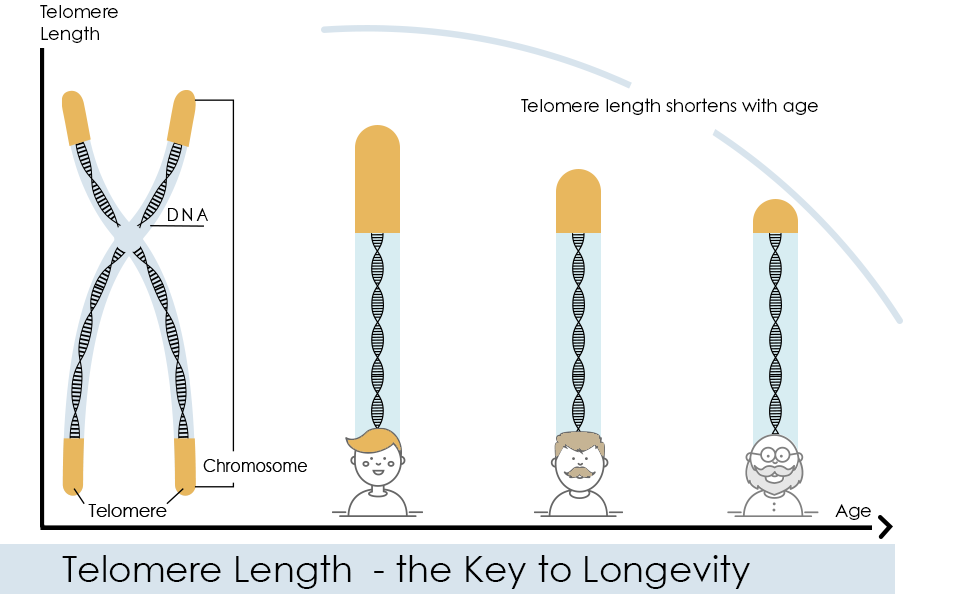Microfungi: A Revolutionary Solution to Plastic Pollution
- Ananya Gupta
- Sep 29, 2024
- 2 min read
"This groundbreaking discovery establishes these fungi as possible catalysts for change in the battle against plastic waste, providing optimism for a cleaner and more sustainable future."

Recent research has unveiled a remarkable discovery that could transform our approach to one of the most pressing environmental challenges: plastic pollution. Microfungi found in Lake Stechlin, Germany, have demonstrated the ability to thrive on synthetic polymers, or plastics, as their sole carbon source. This groundbreaking discovery establishes these fungi as possible catalysts for change in the battle against plastic waste, providing optimism for a cleaner and more sustainable future.
Plastic pollution is an ever-growing concern, persisting for centuries, accumulating in landfills and oceans. However, these microfungi have evolved to not only survive but to flourish by metabolizing plastic materials, significantly reducing environmental waste.
At the heart of this transformation are specific enzymes produced by the microfungi, known as hydrolases and oxidoreductases. These enzymes act like molecular scissors, cleaving the chemical bonds that hold plastic polymers together. Complex plastics such as polyethylene and polystyrene are broken down into simpler organic molecules—like alcohols and acids—which the fungi can then metabolize for growth. Impressively, this entire process occurs under natural conditions, eliminating the need for high temperatures or harsh chemicals. This energy-efficient method could revolutionize large-scale applications for plastic waste management.
The impact of these findings reaches well beyond the confines of the laboratory. One exciting application is bioremediation, where these microfungi could be introduced into polluted ecosystems to gradually degrade plastic waste. Unlike traditional recycling methods, which are often labor-intensive and complex, fungal biodegradation offers a more natural and less resource-heavy alternative. Additionally, this discovery opens the door to creating biodegradable plastics designed for easier degradation by naturally occurring fungi.
Despite the promising potential, challenges remain before fully harnessing the capabilities of these microfungi. Researchers are actively working to optimize the enzymatic processes to enhance plastic degradation rates and ensure these fungi can target a variety of synthetic polymers.
In conclusion, the discovery of microfungi capable of degrading plastics presents an exciting opportunity to tackle one of our planet's most daunting challenges. By leveraging naturally occurring organisms, we may unlock new strategies for combating plastic pollution.
References:
[Leibniz-Institute of Freshwater Ecology and Inland Fisheries - Research on Plastic-Degrading Fungi](https://www.igb-berlin.de/en/research/plastic-degradation-fungi)
[Nature - Fungi and Plastic Waste Solutions](https://www.nature.com/articles/s41589-019-0245-z)





Comments